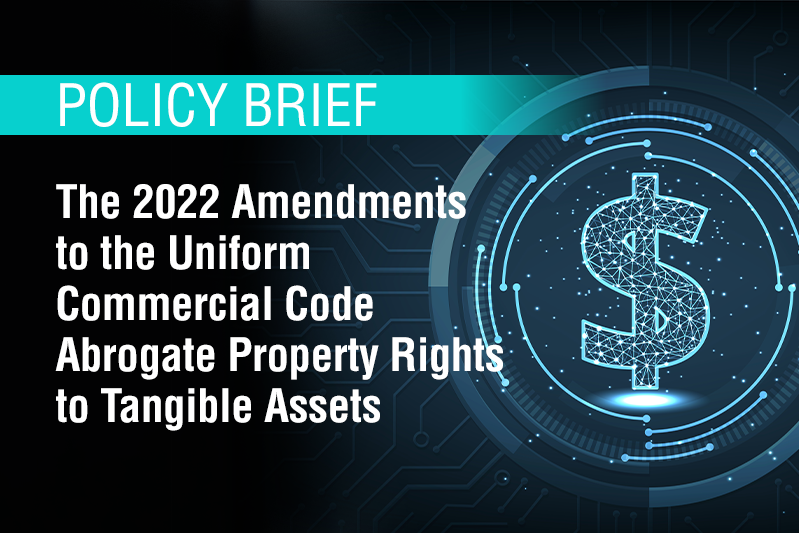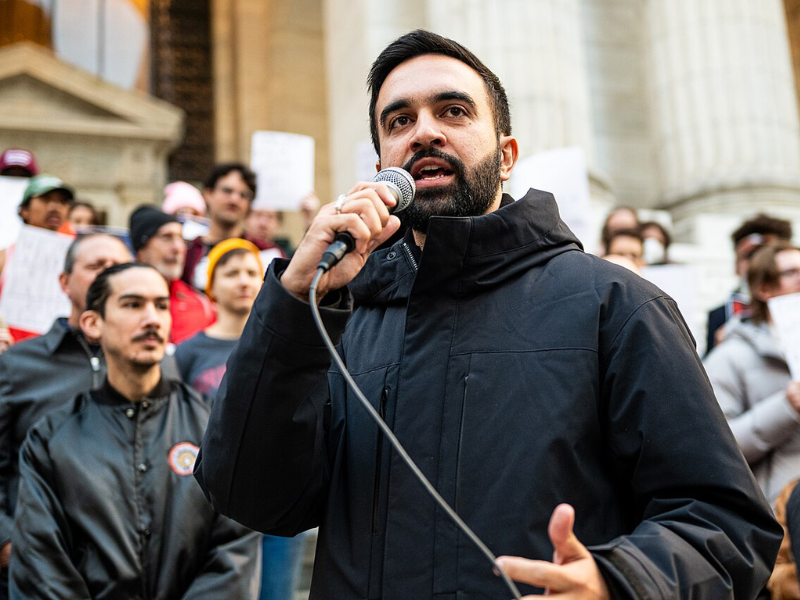Key Takeaways:
- The proposed 2022 amendments to Articles 9 and 12 of the Uniform Commercial Code strip individuals of their property rights to real-world assets.
- The entities responsible for the UCC’s governance consist of partisan actors who serve special interests.
- The UCC has already been used to abrogate property rights to investment securities through amendments to Article 8.
- The 2022 amendments facilitate the adoption of a U.S. central bank digital currency, one of the biggest threats to economic freedom and individual autonomy facing us today.
- The same language used to facilitate a U.S. CBDC also paves the way for the abrogation of property rights to tangible assets through dematerialization and tokenization.
- The proposed amendments to UCC Articles 9 and 12 cede individuals’ property rights to the world’s largest financial institutions.
- States’ widespread adoption of the 2022 UCC amendments would pave the road to a completely digitized economy in which all tokenized real-world assets would be legally controlled by financial behemoths.
- The economic activity and freedom of all individuals would be dependent on the whims of the central banks and financial institutions that control the blockchain networks on which tokenized assets are transacted.
- Policymakers and the general public must be wary of the 2022 UCC amendments and those who are advocating for the dematerialization and tokenization of assets.
- It would behoove state legislators to prevent too-big-to-fail financial institutions from taking control of all of society’s assets through UCC Articles 9 and 12, while also re-establishing property rights to investment securities through UCC Article 8.





